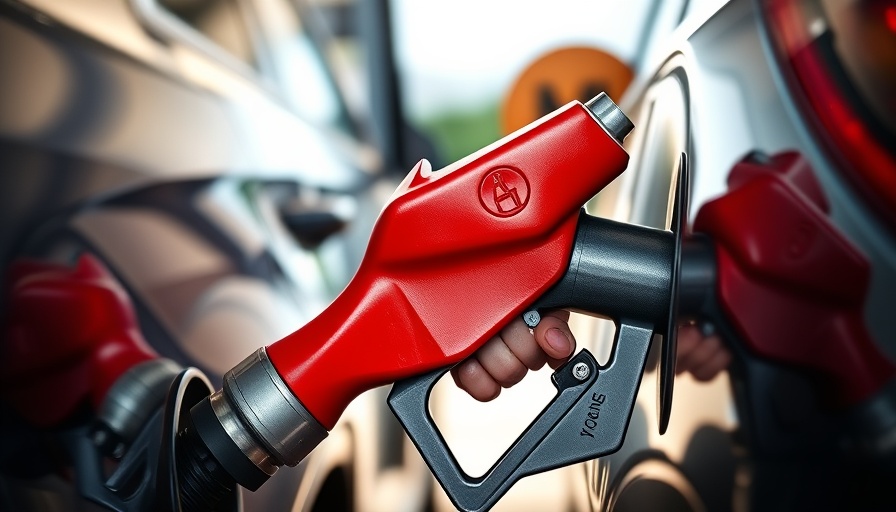
Why New Jersey Just Won't Let You Pump Your Own Gas
If you've ever driven through New Jersey and found yourself bewildered at the sight of an attendant swiftly taking care of your gas while you wait, you're not alone. Despite being the only state with such regulations, the law prohibiting self-service gas pumping has been in place for over 70 years. Founded on the principles of safety and public well-being, this unique legislation has stirred quite a bit of conversation among visitors and residents alike.
The Historical Context Behind the Law
New Jersey's self-service gas pump ban is rooted in the Retail Gasoline Dispensing Safety Act of 1949. The state's legislature introduced the law amidst growing concerns about safety practices associated with fueling vehicles. The ban aims to minimize fire hazards, reduce the risk of injury, and ensure proper compliance with safety procedures, including turning off engines and the stipulation against smoking near fuel pumps. Given the state's dense population and numerous vehicles, the potential risks associated with self-service pumping garnered considerable attention.
Why the Law Still Stands Today
Fast forward to today, and these regulations continue to evoke curiosity. One significant reason for this persistence is the belief that attendants provide a valuable service by monitoring gas dispensing and checking vehicle conditions. Eric Blomgren, executive director of the New Jersey Gasoline, C-Store, and Automotive Association, notes that attendants can spot and report maintenance issues, potentially saving drivers money down the line. By keeping fuel operations safe and beneficial, the law maintains its relevance...
The Economics of Pumping Gas: Is It More Expensive?
One common question is whether gas prices are higher in New Jersey due to the requirement for attendants. Currently, the average price for a gallon of regular gas in New Jersey hovers around $3.037, which is notably lower than neighboring states like New York and Connecticut. However, it may still trail behind states in the Midwest with lower gas prices. While the labor costs linked to hiring gas attendants can influence pump prices, most consumers find New Jersey's prices to be quite competitive compared to its neighbors.
To Tip or Not to Tip: A Gas Station Dilemma
Another question many ask is if they should tip their gas attendants. While not customary, gratuities are appreciated especially when attendants go the extra mile, like cleaning windshields or providing additional service. For some, tipping reflects the recognition of an often-tedious job, where finding reliable staff is a significant challenge.
What Does This Mean for Drivers?
For those unfamiliar with New Jersey's laws, understanding why self-service pumping remains illegal can help manage expectations. As the state continues to foster this legislative uniqueness, it maintains a collective commitment to safety, service, and awareness that many other states might not prioritize. Driving through the state, take a moment to appreciate the little quirk of tradition that helps keep roads safer, even if it means waiting to pump your own gas.



Write A Comment